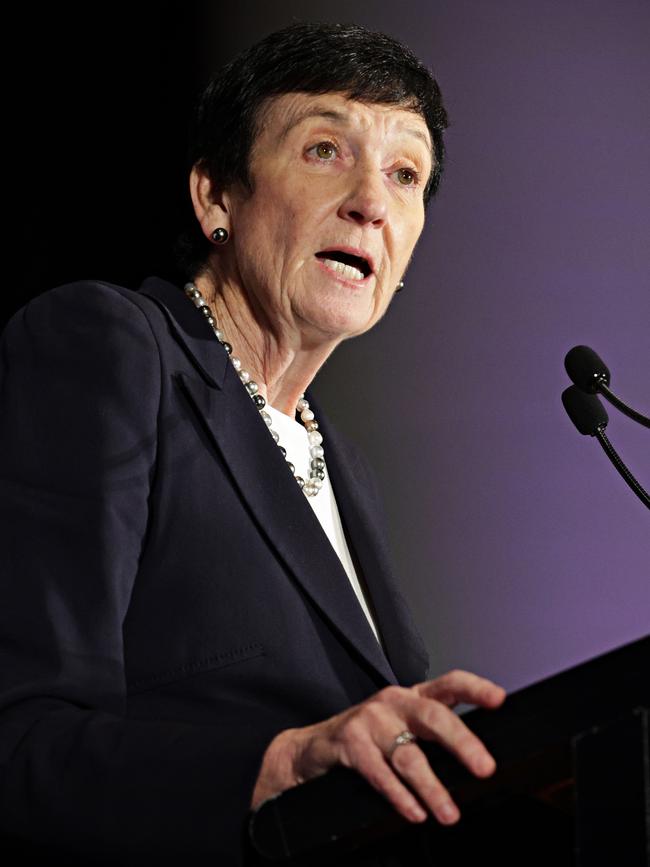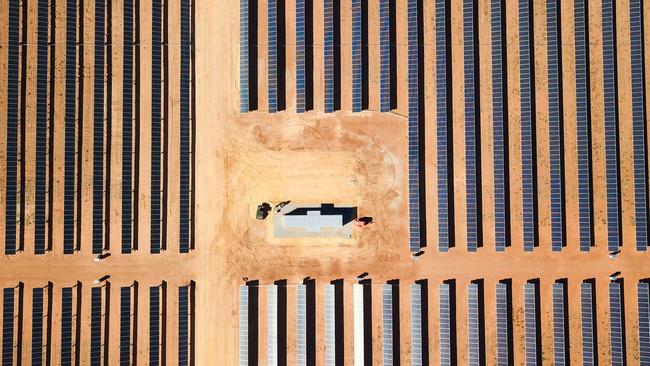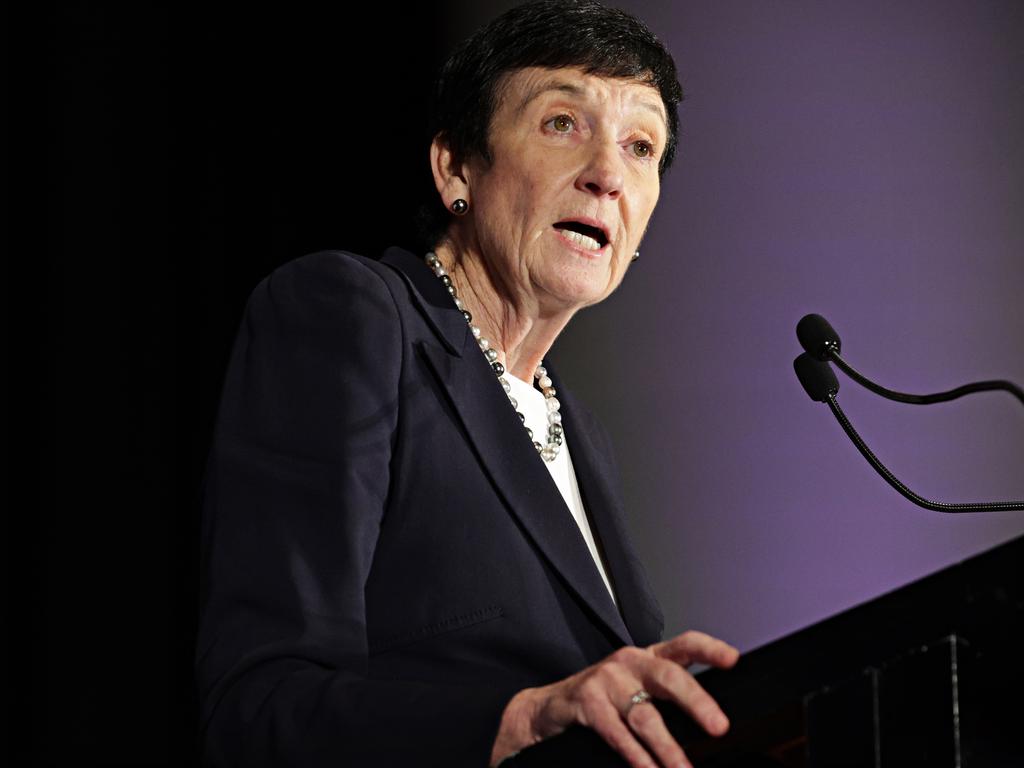
Or a high-wage, high-growth future with a dynamic economy driven by more resilient, globally facing industries where the country adds value to everything it produces. This is the high road of growth, opportunities and world’s best practice.
It is an economy fuelled by enhanced productivity, greater competitiveness and our ability to unleash the talent of our people to deliver sustained higher wages, maintain full employment and vastly improved living standards.
To realise a future where Australians enjoy greater prosperity, we must begin by urgently drawing some lines in the sand.
As a nation, we can no longer accept record low business investment as a share of GDP, where more money leaves the country than comes in. Investment drives innovation, which drives productivity and drives higher wages.
We can no longer continue to accept an underperforming skills system that fails to prepare Australians for the huge change in the tasks that make up their jobs that will occur as the world of work changes.
We cannot continue to have students leaving school and choosing the wrong study or career paths. Nor can we accept a situation where we lack a national system of early childhood education. And we cannot bequeath our children and grandchildren a lower standard of living than ours.
The Business Council’s Seize the Moment report, released on Monday, examines the six big shifts needed to take control of our future and the 10 policy levers to drive reform.
We acknowledge that governments across the country have started, and in many cases are well progressed, on many of these issues. What we need now is co-ordination, alignment and urgency across the federation and across business. We need to re-energise the conversation over Australia’s future prosperity. Taming inflation – the current issue we are facing – needs to represent a fresh start, not the end, of Australia’s reform journey.

It’s why the economic shifts the BCA is putting forward focus on broadening and strengthening our industrial base to access huge and highly valuable global supply chains; unleashing the potential of our people; continuing to be outward looking, being more competitive and productive, being private sector-led, and ensuring effective government and service delivery.
These are the foundations that will ensure Australians are not left vulnerable to several seismic forces of global change currently under way that are rewriting the rules of production, business operation and consumer power.
These include the ongoing trend of digitisation and technological change, continued global volatility, our changing demographics, and decarbonisation.
In the face of these forces, Australia needs a co-ordinated, national plan to strengthen our economic resilience and ensure we turn these challenges into the opportunities that will deliver greater prosperity, higher wages and improved living standards. This starts by reversing our productivity slump.
At the heart of lifting productivity – which is about creating more value by doing things differently, by using technology, putting improved systems in place and doing processes in new ways – lies the unrealised potential of our people.
We have so much to gain through better training and skilling Australians, greater collaboration, people working together to solve problems, and bringing out the best in people.
And that’s why the BCA is calling for a transformation of the nation’s poor-performing and fragmented education system with a co-ordinated approach that focuses on the importance of lifelong learning. There is no better way to equip Australians for the rapid changes that lie ahead.
The reforms we are putting forward are built on three important foundations. The first is ensuring we have a national early childhood system that develops the competencies for the future. Secondly, we need a rethink of the capabilities that students leave secondary school with, such as a solid grounding in the basics and work-ready skills. Thirdly, we need a revamped, integrated and interoperable tertiary system that makes it easier for people, throughout their lives, to move between vocational and higher education and incorporate work-integrated learning.
But having a great skills system is only one part of the solution to unlocking the great untapped economic strength of our people. We need unprecedented action to further the advancement of women in the workforce and ensure all Australians, including those who are traditionally excluded from work, can contribute to workplaces and society to the best of their ability.
On workplace relations, we are putting forward a system that will deliver a more productive and competitive economy by driving collaboration and innovation.

The unstoppable global shift to clean energy means Australia can take advantage of its abundance of natural resources and location in the Indo-Pacific to build on this momentum and capitalise on international opportunities.
For this reason, it’s paramount the commonwealth, states and territories are in lock-step on the policy architecture needed to achieve the nation’s 2030 target, outline our 2035 goals and reach net-zero emissions by 2050. But our ambitions for a higher-growth, higher-wage economy for today’s generation and those that follow will fall short if we fail to get our economic fundamentals right.
Australia can no longer ignore the web of unnecessary or poorly designed regulation that strangles enterprise and ingenuity. Nor can we overlook the shortcomings of a tax system that doesn’t do enough to encourage and attract the type of large-scale and global business investment needed to re-energise our economy, or enough to incentivise Australians to work, advance in their careers, save and invest.
The BCA is putting forward a carefully calibrated package of reforms that could be achieved incrementally.
Pieced together, they would reignite Australia’s competitiveness and productivity, increase our participation in big global markets, and fundamentally drive stronger economic growth and deliver sustained higher wages and improved living standards – for this and future generations of Australians.
Jennifer Westacott is chief executive of the Business Council of Australia.








Australia faces the choice between two futures; one where we continue to have low economic growth dampened by low productivity and low competitiveness, resulting in lower wages growth and lower living standards. This would be a low road for Australians and is totally avoidable.